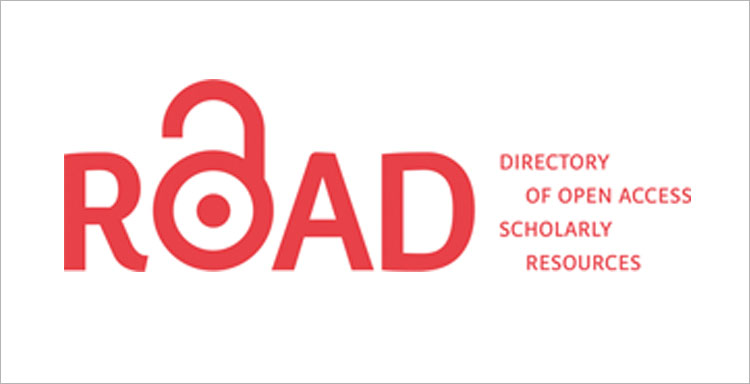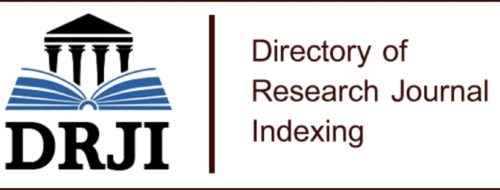Design of an emergency plan for oil tankers
Keywords:
Risks, oil tankers, maritime accidentsAbstract
The present work contemplates the design through the safety assessment guidelines (FSA) issued by the International Maritime Organization (IMO) and the methods: Hazid identification (method of identification of extreme, occupational and installation risks) and Hazop (risk and operability). Reports regarding incidents, near misses and operational failures with the greatest environmental, economic, occupational and industrial impact, given in the Ecuadorian maritime sector, will be analyzed. An emergency plan has been designed for Ecuadorian-flagged oil tankers, with the purpose of safeguarding human lives, goods and ecosystems, complying with the guidelines of the International Maritime Organization (IMO) and the International Convention to Prevent Pollution by Ships or MARPOL 73 /78.
Keywords: Risks, oil tankers, maritime accidents.
Downloads
References
BBC. (2001). EEUU, envía rescate a las Islas Galápagos. London.
BBC. (2010). Derrame: "muchas fallas" causaron el accidente de BP. BBC MUNDO.
Hunter, J. (s.f.). Manual de vertidos de hidrocarburos. INTERPOL.
Larraucea, J. (2017). El análisis y la gestión del riesgo a partir de la evaluación formal de la seguridad (EFS/FSA): un nuevo modelo de seguridad Portuaria. Barcelona: Real Academia Europea de Doctores.
Larraucea, R. d. (s.f.). Seguridad marítima en buques tanques. Barcelona.
LIBERTAD, T. (s.f.). REGLAMENTO DE OPERACIONES, SEGURIDAD, PROTECCION Y CONTROL DECONTAMINACION PARA EL TERMINAL PETROLERO DE LA LIBERTAD Y TERMINAL GASERO DE MONTEVERDE APLICABLE AL TRAFICO INTERNACIONAL Y DE CABOTAJE.
Madero, C. (2015). RESOLUCIÓN No. MTOP-SPTM-2015-0148-R (EXPÍDESE EL PLAN NACIONAL DE CONTINGENCIA PARA ENFRENTAR LA CONTAMINACIÓN DE HIDROCARBUROS Y/O SUS DERIVADOS). Guayaquil: Ministerios de transporte y obras públicas.
Marchand, P. (2020). ITOPF Y SU PAPEL EN LOS INCIDENTES MARÍTIMOS. USA.
MARKLEEN. (2018). Derrames de petróleo en el mar. ¿Cómo afectan al medio ambiente? Zaragoza.
MARPOL. (1973). Organización Marítima Internacional. London: OMI.
Oliwatch. (2002). Redes de resistencia ambiental. Obtenido de Boletín de la red de resistencia a las actividades petroleras en los trópicos.: https://www.ecologiapolitica.info/novaweb2/wp-content/uploads/2019/10/024_Prestige_2003.pdf
OMI. (1993). Barcos petroleros deberán contar con doble casco. Naciones unidas.
Rose, M. (2018). Vertidos de petróleo: manchas mortales. Madrid: Aquae fundación.
Solanas, J. (2017). El petróleo. México: Ediciones Colihue SRL.
SOLAS. (1960). Convenio Internacional para la Seguridad de la Vida en el Mar. London: OMI.
STCW. (1978). Convenio internacional sobre normas de formación, titulación y guardia para la gente de mar. London: OMI.
Torres, M. (2020). Fenómenos que impactan a la seguridad alimentaria y nutricional. Caracas: Banco de desarrollo de América Latina.
UNCTAD. (2019). INFORME SOBRE EL TRANSPORTE MARÍTIMO.
Vergara, I. (2016). Manual de control de derrame de petróleo. Santiago: OMI.
Published
How to Cite
Issue
Section
License
Copyright (c) 2022 Revista de Ciencias del Mar y Acuicultura YAKU. ISSN: 2600-5824.

This work is licensed under a Creative Commons Attribution-NonCommercial-ShareAlike 4.0 International License.


1.jpg)













